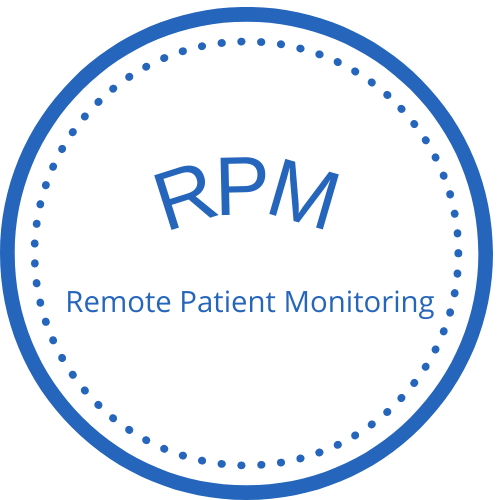- Testosterone Replacement Therapy (TRT) - March 18, 2022
- Anastrozole - March 18, 2022
- Elite Climax Control Spray - February 15, 2022
The Genetic Information Nondiscrimination Act (GINA) of 2008 is a federal law that protects people from discrimination regarding their genetic information. The goal of the law is to prevent companies from declaring someone ineligible to work or charging a higher health insurance premium based solely on the results of a genetic test. It is divided into two sections. Title I defines how the act applies to health insurance companies. Title II defines how businesses should approach genetic information.
Title I Benefits
The Title I portion of GINA protects people trying to enroll or who are already enrolled in a healthcare plan or Medicare. It notes that health insurance companies cannot make insurance decisions, such as premium-setting, coverage eligibility, or underwriting, based solely on a person’s genetic test results. This means that you don’t have to worry about getting a genetic test, like a cardiac genetic test for inherited heart disease, if you aren’t showing symptoms. Additionally, health insurance companies cannot request that you take a genetic test or provide your family genetic history, such as prior illnesses or medical history, when screening for policy qualification.
It should be noted that the protection GINA provides can be slightly waived in the case of the U.S. Military’s TRICARE program. Because TRICARE hinges on military employment and the military can use genetic information in employment decisions, TRICARE coverage technically skirts GINA protection by extension. Additionally, the Genetic Information Nondiscrimination Act does not cover other types of insurance, such as long-term care, life, or disability. Talk with your doctor and/or your insurance agency if you are considering a genetic test and think it might affect your insurance coverage.
Title II Benefits
Title II of the Genetic Information Nondiscrimination Act focuses more on businesses and employment opportunities. In this section, GINA prevents companies from using genetic test results in decisions about employment eligibility, promotional likelihood, and payment decisions. Additionally, as with Title I, GINA also disallows companies to request genetic information from the individual or their family. Importantly, there are two major exceptions to this act. The U.S. Military is not required to follow GINA guidelines, nor do businesses under 15 employees.




